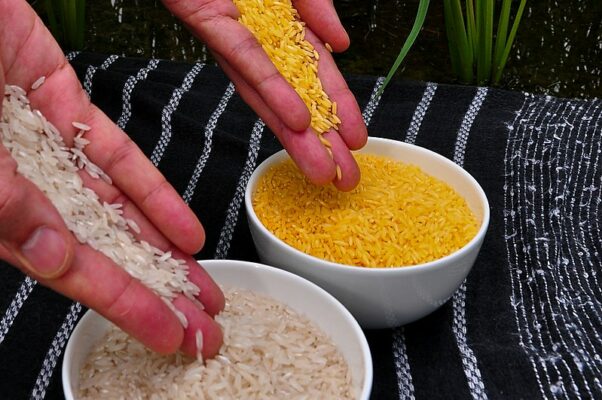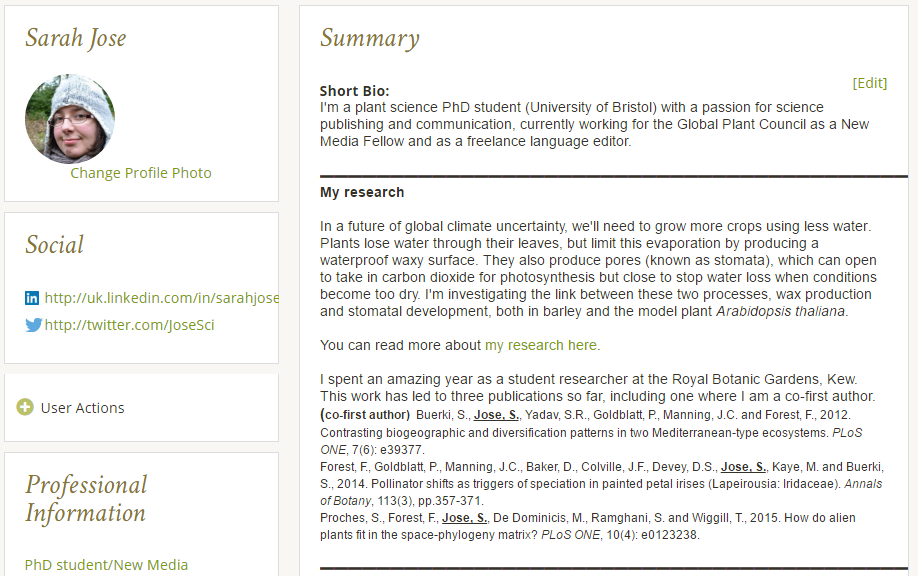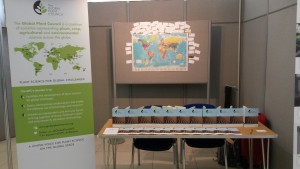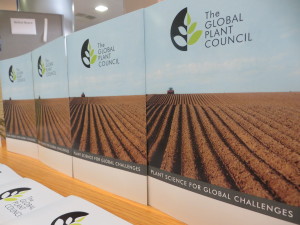
Modified crops such as Golden Rice could have major benefits for people in developing nations. Image credit: IRRI Licensed under CC BY 2.0
By David Zilberman, Professor and Robinson Chair, Agriculture and Resource Economics, UC Berkeley
When I started working on agronomical issues in the 1970s, the most exciting technologies were related to water, machinery, and harvesting. Plant genetics seemed to be quite a boring enterprise. But as I became familiar with the Green Revolution, I realized the importance of plant research, and that the golden rule in agriculture is to find the optimal mixture between biotic and abiotic technologies. As an economist working on technology, I started to realize that the past fifty years have drastically changed the way plant sciences are done, and the potential and value of their product.
The discovery of the innerworkings of a cell, combined with the power of computers and precision tools, has changed medicine, but it has perhaps the potential to make an even bigger impact on plant sciences and agriculture. I have been working on the economics and policy aspects of agricultural biotechnology (see also Journal of Economic Perspectives). Despite the restrictions on genetically modified varieties, they increase yields and make food more affordable for the poor. They also reduce greenhouse gas emissions and actually improved human health (by reducing exposure to chemicals and aflatoxin). But biotechnologies have had limited impact because of regulations that limit their use mostly to feed and fiber crops, and the practical ban on use of GMOs in Europe and parts of Africa.
It’s clear that developing countries can be the major beneficiaries of these technologies. They can save billions of dollars and address severe health and malnourishment problems. Furthermore, applications of biotechnology on food crops can reduce food security problems and increase access to valuable fresh produce throughout the world. Modern biotechnology can provide tools to accelerate adaptation to climate change, and I am surprised that some of the organizations most aware of climate change don’t recognize the value of biotechnology to address it.
Plant science research has already made major achievements using traditional and advanced tools to provide better varieties and improve the global food situation in a world with a fast growing population. There is a large body of literature documenting the rate of return of research, and much of the achievements have been the development of new varieties. The literature suggests that public research that provided much of the benefit has been underfunded, and its funding is declining. Thus, plant research hasn’t reached its potential.
Thus far, applied research in plant sciences at many universities concentrate on grasses, like corn and wheat, but underemphasize trees and algae. One explanation to the emphasis on grasses is the immediate economic benefits they seem to provide. With all the modern tools of biology, the big challenges and some of the most radical and relevant knowledge can come from the study of trees and algae within the context of forest and oceans. Studies of these specimens will enhance our understanding of living systems, is crucially important from a macro-ecological perspective, and from a practical perspective of finding new materials, new foods and efficient sources of energy.

Poplar is one of the most commonly used trees in plant science research. Image credit: Walter Siegmund
I believe that society tends to underinvest in plant sciences, both because science is underfunded in general and because of the regulations of biotechnology that limit their use, as mentioned above. The contribution of plant scientists to address problems of climate change, deforestation, food security, and environmental quality are under-emphasized and under-recognized. This leads to less investment in this area, less contribution, and less student interest. But more investment in plant sciences may provide better understanding of their impact and how to regulate them, and provide more promising applications. So we are in a vicious cycle of over-regulation and under-funding that mostly hurt regions and populations that are vulnerable, and reduce our capabilities to deal with global changes.
To move forward, we need to have more enlightened regulations that will allow us to take advantage of this incredible science and big jolts in terms of support for research in plant sciences. Enlightened regulations would balance benefits and risks, reduce the cost of access to modern biotechnologies. They also would allow efficient and mutually beneficial transfer of knowledge and genetic materials across locations. Plant sciences is one discipline where the distribution of efforts across locations globally can be especially beneficial as we can learn about the performance of plant systems throughout the world. Therefore, investments in plant sciences should be distributed globally. For example, a major effort to raise funding for 100 Chairs of Plant Sciences around the world, especially in developing countries, will be a good start. It should be associated with support for student research, as well as forums the exchange of new ideas. And finally, new investments in arboretums and greenhouses.
Plant sciences have been providing humanity essential knowledge that enabled the growth and evolution of human civilization without much fanfare. New tools increase its potential and the excitement and value of research in these areas. Society needs to expand their support to plant sciences to enable it to flourish around the world, as well as enlightened regulation to gain benefits from the fruits of this research.














